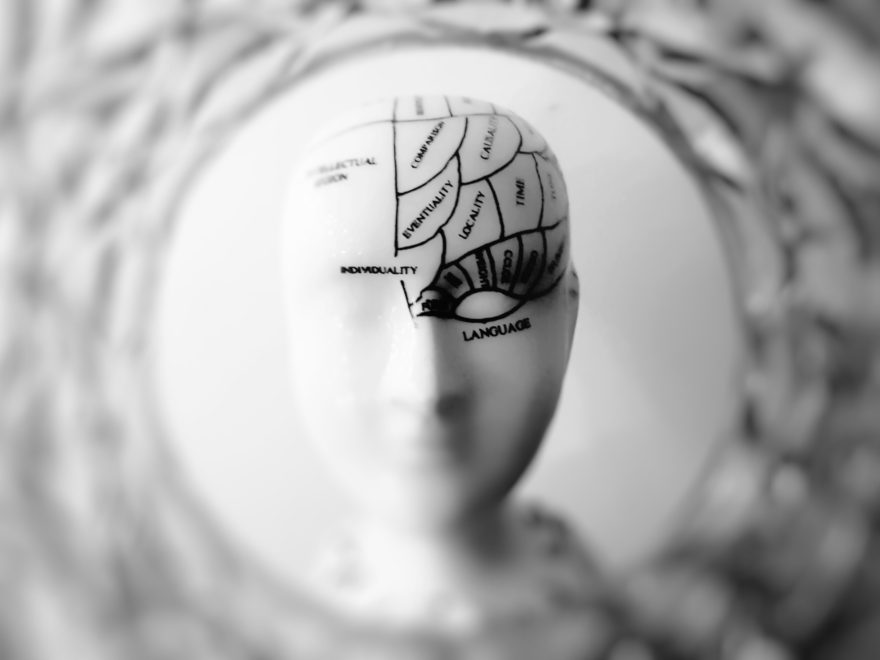Category: Modern Research
-

Attention, Then and Now: The Science of Focus Before and After Charlotte Mason’s Time
The importance of attention for education is almost proverbial. Who has not seen the stereotype of a student staring out the window, while the teacher drones on? Movies and TV shows are filled with it. Everybody knows that a wandering attention and a lack of interest hamper a student’s learning. But we haven’t always paid…
-

The Flow of Thought, Part 3: Narration as Flow
It’s been a little while since my last article on the flow of thought, or how Mihayli Csikszentmihalyi’s concept of flow can support the philosophy of classical education. In the meantime, I’ve shared an early version of my eBook on implementing Charlotte Mason’s practice of narration in the classroom (see our new Narration page for…
-

The Flow of Thought, Part 2: The Joy of Memory
In my last article “The Flow of Thought, Part 1: Training the Attention for Happiness’ Sake” I drew a connection between Aristotle’s view that happiness is the chief goal of education and the findings of modern positive psychology. In Mihaly Csikszentmihalyi’s Flow: The Psychology of Optimal Experience, he reports his findings that people report being most…
-

Overcoming Procrastination
Procrastination can be debilitating for teachers and students alike. We often treat procrastination as either a mental issue or a time-management issue. I was inspired by Jason’s series on self-control, especially his latest article on attention and willpower. I think learning more about procrastination ties right into his ideas. However Tim Pychyl in his book…
-

Educating for Self-control, Part 2: The Link Between Attention and Willpower
In my last post on educating for self-control, I laid out a Christian case for the importance of self-control from the New Testament, citing Paul’s famous fruit of the Spirit and Peter’s not-as-famous virtue list in the first chapter of 2 Peter. Then we delved into the roots of self-control as a concept deriving from…
-

Practicing Education: Growing in the Art of Teaching
When I was a child I did gymnastics, and one of the most fundamental aspects of gymnastics is practice. We practiced skills and routines, we stretched and we worked out for hours, far longer than the average sports team practices. Where your average soccer team practiced an hour or an hour and a half a…
-

The Importance of Deep Reading in Education
Deep reading is the type of reading that involves one’s undivided attention in a sustained manner to tackle a long-form book, like a novel. The feeling cultivated by deep reading is that of being lost in a book, taken to new worlds, enraptured by an alien train of thought. While many educators still feel that the…
-

Aristotle and the Growth Mindset
Whether you’ve been involved in the world of education, sports, self-help or business, it’s likely that you’ve heard of Carol Dweck’s growth mindset. A Stanford University psychologist, Carol Dweck popularized her findings about how much success in any endeavor depends on a person’s mindset. In her book Mindset: The New Psychology of Success, she explains…
-

Deliberate Practice: How to Pursue Excellence
Deliberate practice can be the difference between average and expert performance. Anders Ericsson is one of several scholars who have contributed to our knowledge of optimal performance. He proposes that the chief indicator of future success is not innate ability, such as IQ, but the quality of practice. “Experts are made, not born.” (Ericsson, “The…
